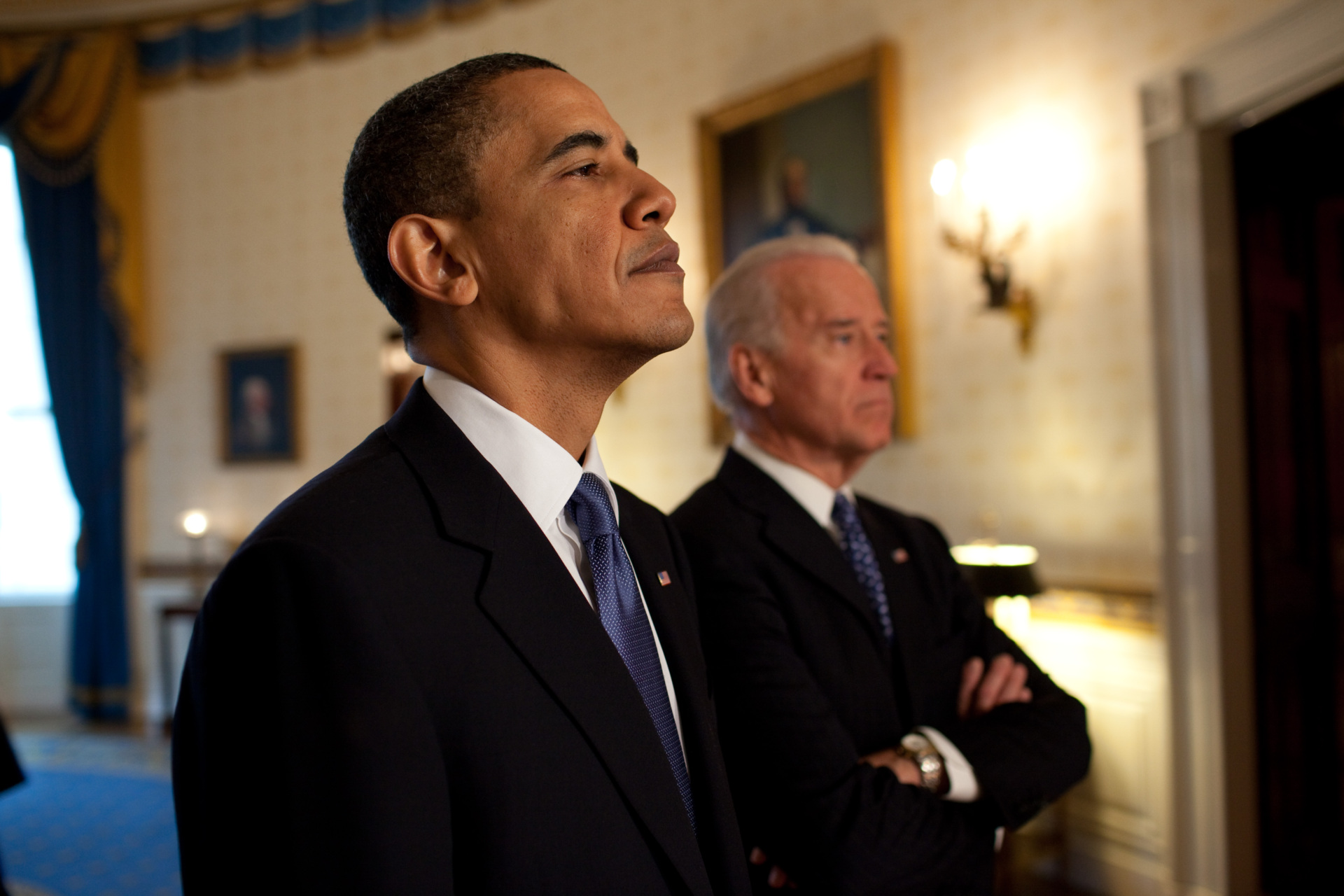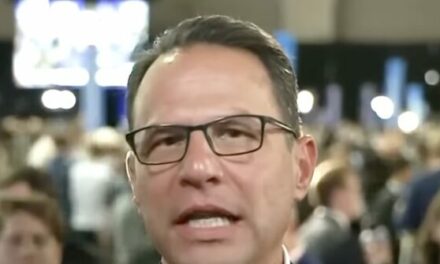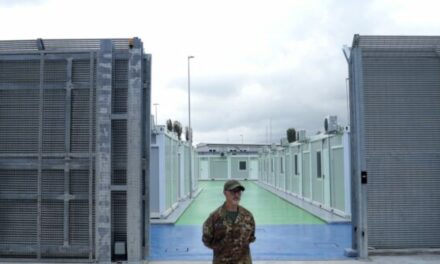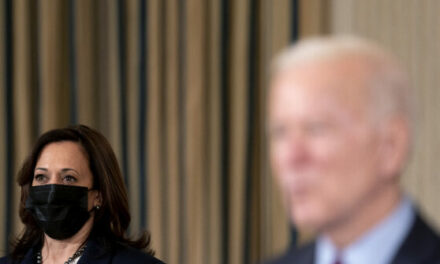We support our Publishers and Content Creators. You can view this story on their website by CLICKING HERE.
Democrats Hoped It Was 2012 All Over Again
When the year began, Democrats realized that the economy presented President Joe Biden with a major challenge to his hopes to win a second term. Americans’ confidence in the economy was at levels associated with incumbent defeats, and surveys showed the economy was front of mind for many voters.
Still, Democrats were hopeful that as the year went on, economic sentiment would improve and that improvement might push the public’s attention onto issues seen as strengths for the party and its candidates.
It had happened before—in a campaign with Biden on the ticket. At the start of 2012, the Gallup economic confidence index was deep in negative territory, registering a -22 reading. What’s more, the economy was the top priority for voters.
The public’s unhappiness with the economy was rooted in fundamentals. The economy had grown by a solid three percent in the final quarter of 2011, but the public was still smarting from disappointing results earlier in the year that resulted in full-year growth of just 1.5 percent. The unemployment rate was 8.3 percent, down from the peak of 9.9 percent in the closing days of the Bush administration but above what history suggested would be normal in a recovery.

President Barack Obama and Vice President Joe Biden wait in the Blue Room of the White House before delivering remarks in March 2010. (Official White House Photo by Pete Souza)
Many Democrats insisted that negative public opinion about the economy just reflected a hangover from the financial crisis and pointed out that it had been negative since 2007. Republicans were hoping to capitalize on the public’s dissatisfaction by adding to their midterm election gains and retaking the White House.
Growth was sluggish in 2012, with the economy growing at a worse than two percent annual rate in the first half of the year, but the employment situation improved. Unemployment fell to 7.7 percent by November 2012. By the final Gallup poll before the election, the confidence index had climbed to nearly neutral, with an official reading of -1, and Obama won his re-election bid.
Inflation Created Persistent Bad Feelings About the Economy
Many Democrats were predicting and hoping that that would play out again this year. As a top of mind economic issue, inflation had replaced employment—and inflation was coming down from the peaks of 2022. The much feared recession risks had largely receded, and the Fed was signaling rate cuts ahead.
This time was different. The economic confidence index is once again down at -26, exactly where it was in January and below the recent high of -20 in March. The share of Americans who say the economy is getting worse is 63 percent, also exactly where it was in January.
The latest New York Times/Siena poll has just three percent of the likely electorate describing the economy as “excellent.” Another 21 percent say the economy is “good.” Twenty-eight percent choose the negative assessment of “only fair,” and a whopping 47 percent say it is “poor.”
While some are tempted to ascribe these poor polling numbers for the economy on partisanship, the numbers do not really support that idea. Republicans are deeply unhappy with the economy, with 72 percent viewing the state of the economy as poor. But half of independents also say it is poor, and 30 percent say it is only fair. On the other side, only five percent of Democrats describe the economy as excellent and just two percent of independents do.
What’s more, the share of Americans saying the economy is the most important problem facing the country has risen a lot. In January, 34 percent named an economic matter as the top issue, according to Gallup. Now 43 percent do.
When asked how Biden’s policies have affected them personally, just 22 percent of Americans say they have helped. While 42 percent say they have hurt. Trump’s numbers go the opposite way, with 42 percent saying they were helped and 30 percent saying they were hurt.
The New York Times/Siena poll asked voters how much they believe the “economic system” in America needs to be changed. Almost no one—two percent— says it needs no changes. Twenty-six percent say it needs minor changes. Fifty-nine percent say it needs major changes, and 11 percent think it needs to be torn down entirely. That’s not the kind of feeling you want abroad in the land if you are the incumbent party. And, interestingly, Republicans are more likely to be radical—with 12 percent wanting to tear down the system—than Democrats—with eight percent saying we need to tear things down.
The Biden campaign and the Harris campaign believed that sentiment around the economy would improve this year, depriving Trump of his best issue. That has not happened, which is why the Democrats are in such a panic two weeks ahead of the election.

 Conservative
Conservative  Search
Search Trending
Trending Current News
Current News 







